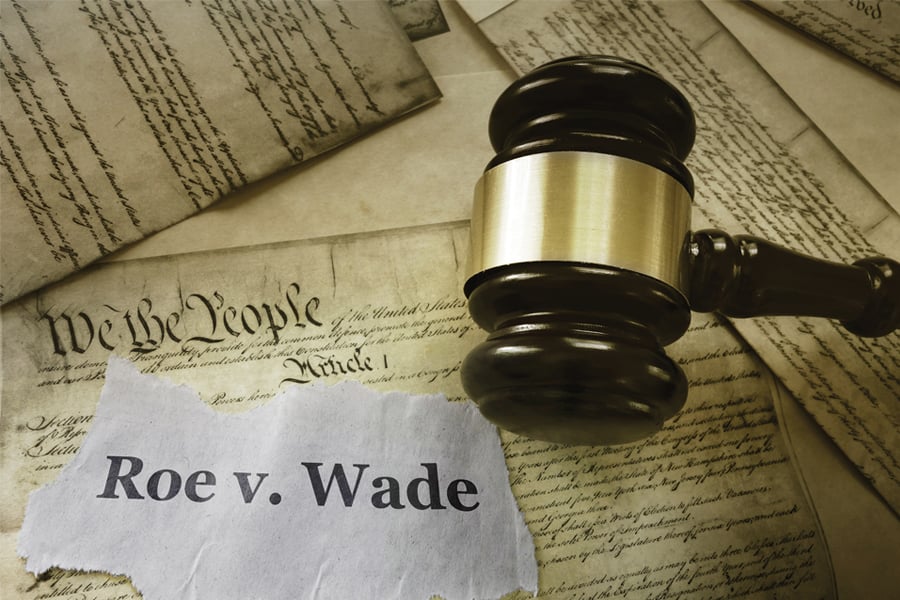

It’s everyone’s problem now.
In June, the Supreme Court overturned Roe v. Wade, returning control of reproductive rights to the states and atomizing the conflict.
It’s going to get worse.
Implied in the Dobbs decision that negated Roe is the court’s willingness to consider similarly neutralizing other civil rights. If Congress doesn’t move quickly to protect marriage rights, the court could overturn Obergefell, partially or fully shattering the now-accepted right to same-sex marriage.
Decisions made by the Supreme Court affect all Americans. For advisers, the stress fractures crackle in two directions: First, they must proactively address additional erosion of rights for families whose members might lose some civil rights, especially if family members live in several states. Any plan that could be enacted under a variety of states’ legal realms could cause more problems than it solves. Second, firms must monitor political and legal developments to ensure that they update plans as needed so that clients face as little risk as possible.
The post-Dobbs environment tangles life and financial decisions for women clients, employees and business owners. Everybody is coping with the dawning realization that Dobbs inflicts uncertainty into women’s ongoing health care: Medical decisions are no longer between only a woman and her doctor. Clients who provide legal and medical services must assess the risk of guidance that could put them in legal jeopardy if their well-intentioned advice to patients or clients boomerangs. Clients who own businesses must decide how health benefits, abortion-access help, and work-life programs intersect with their state’s post-Dobbs legal climate, as well as employees’ expectations.
If the trend toward curbing civil rights grounded in privacy continues, advisers will have to figure out how to craft plans that build new legal and financial protections for those whose identities and privacy could be undermined, or worse.
There’s a ray of hope for advisers who work with values-motivated investors to assemble portfolios that reflect their beliefs. Our profession is getting better at providing solid guidance for clients whose values differ from their own. We know how to find the common ground: We often do just that when we recommend investments that align closely with clients’ personal philosophies. We’re good at analyzing risk and translating that into practical plans for each stage of life. We’re adept at understanding the implications of life events for clients’ current and future financial stability.
The Dobbs decision threatens uncertainty for many of our clients, but it also can bring out our professional best. Compassion and clarity: When clients spend time with us, we help them craft the safeguards they need and deserve.
Rita Robbins is founder and president of Affiliated Advisors.

Relationships are key to our business but advisors are often slow to engage in specific activities designed to foster them.

Whichever path you go down, act now while you're still in control.

Pro-bitcoin professionals, however, say the cryptocurrency has ushered in change.

“LPL has evolved significantly over the last decade and still wants to scale up,” says one industry executive.

Survey findings from the Nationwide Retirement Institute offers pearls of planning wisdom from 60- to 65-year-olds, as well as insights into concerns.
Streamline your outreach with Aidentified's AI-driven solutions
This season’s market volatility: Positioning for rate relief, income growth and the AI rebound
